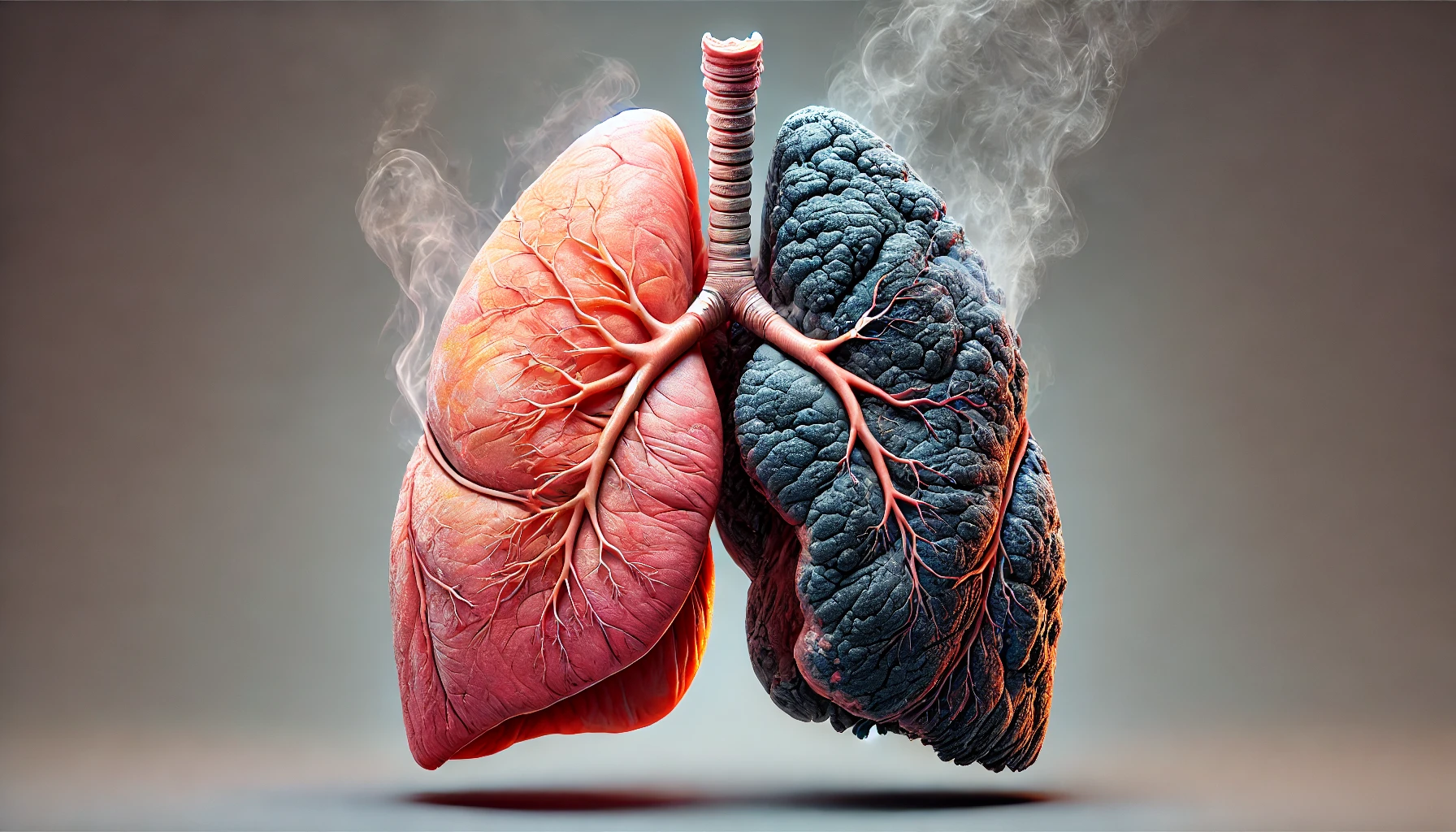
Lung Health Crisis: 6 Urgent Reasons to Act Now
The Silent Epidemic: Lung Health Crisis: 6 Urgent Reasons to Act Now
Meta Description
Discover the 6 urgent reasons why the lung health crisis demands immediate attention. Learn how to protect your lungs and contribute to a healthier future.

Introduction
Breathing. It’s something we do over 20,000 times a day without giving it a second thought. But what if every breath carried an invisible threat? The truth is, a lung health crisis is silently brewing, and it’s high time we woke up to the dangers. Our lungs are under attack from escalating pollution and lifestyle choices, and neglecting this issue could have severe consequences. So, why wait for a wake-up call when we can act now? Let’s explore the six urgent reasons why this crisis demands immediate attention.
1. Air Pollution: The Invisible Killer
How bad is the air we breathe?
Every time you step outside, your lungs are exposed to a toxic cocktail of pollutants. According to the World Health Organization (WHO), 99% of the global population breathes air that exceeds safe pollution levels. This isn’t just a city problem—even rural areas aren’t spared.
Why does it matter?
- Respiratory diseases: Long-term exposure to polluted air increases the risk of asthma, chronic obstructive pulmonary disease (COPD), and lung cancer.
- Heart issues: Contrary to popular belief, the effects of polluted air extend beyond your lungs. It’s linked to cardiovascular diseases too.
- Premature deaths: Studies estimate that air pollution causes 7 million premature deaths annually. Let that sink in for a moment.
2. Smoking: The Obvious Villain
Still lighting up?
Despite countless warnings, smoking remains a leading cause of preventable deaths worldwide. Tobacco smoke contains over 7,000 chemicals, many of which are downright lethal.
The impact on your lungs
- Cancer risk: Smoking accounts for about 85% of all lung cancer cases.
- Reduced lung capacity: Smokers often find themselves out of breath even after minimal physical activity.
- Secondhand smoke: Non-smokers aren’t safe either. Passive smoking can harm children and adults alike.
3. Climate Change: A Breathing Hazard
What’s the connection?
Rising global temperatures aren’t just about melting glaciers and rising sea levels. Climate change directly affects air quality. Higher temperatures lead to increased levels of ground-level ozone and particulate matter, both harmful to your lungs.
The ripple effects
- Wildfires: More frequent wildfires mean more smoke-filled skies.
- Allergens: Longer pollen seasons aggravate respiratory conditions like asthma.
- Heatwaves: They exacerbate air pollution, making it harder for people with lung issues to breathe.
4. Occupational Hazards: Hidden Dangers at Work
Is your job harming your lungs?
Many industries expose workers to harmful substances that can wreak havoc on lung health. Think about construction workers inhaling silica dust or factory workers exposed to toxic chemicals.
What can go wrong?
- Silicosis: A lung disease caused by inhaling fine silica particles.
- Asbestosis: resulting from asbestos exposure, this condition can lead to lung cancer.
- COPD: common in those working in industries with high levels of air pollution.
5. The Alarming Rise of Lung Diseases
Why are cases skyrocketing?
The statistics are undeniable. Lung diseases, including asthma, COPD, and lung cancer, are on the rise. Factors like poor lifestyle choices, environmental degradation, and lack of awareness contribute to this alarming trend.
Sobering statistics
- Asthma: Over 262 million people suffer from asthma worldwide.
- COPD: It’s the third leading cause of death globally.
- Lung cancer: Among all cancers, it’s the deadliest, with a five-year survival rate of just 18.6%.
6. Lack of Awareness and Policy Action
Why isn’t more being done?
Despite the grim reality, lung health doesn’t get the attention it deserves. Governments and individuals alike often prioritize other health crises over this silent epidemic.
What needs to change?
- Public campaigns: educating people about the importance of lung health.
- Stricter regulations: Limiting emissions and workplace hazards.
- Funding research: investing in cures and treatments for lung diseases.
What Can You Do Today?
Feeling overwhelmed? Don’t worry—you can make a difference starting now:
- Quit smoking. It’s the single most impactful step.
- Use air purifiers, especially in urban areas.
- Advocate for cleaner energy: Support policies that promote renewable energy.
- Get regular check-ups: Early detection can save lives.
FAQs
Why is lung health so critical?
Your lungs supply oxygen to your body, fueling every organ and system. Without healthy lungs, your overall health suffers.
Can air pollution really affect everyone?
Yes! Regardless of age, location, or lifestyle, air pollution impacts everyone. Children and the elderly are especially vulnerable.
How can I tell if my lungs are in trouble?
Common signs include persistent coughing, shortness of breath, wheezing, and chest discomfort. If you experience these, consult a doctor.
Conclusion
The lung health crisis isn’t just a personal issue; it’s a global one. From polluted air to rising lung disease rates, the challenges are monumental but not insurmountable. The six urgent reasons we’ve outlined—from air pollution and smoking to lack of awareness—make it clear that action is needed, and it’s needed now.
You may also like
You may be interested
Brain Stroke: 10 Effective Prevention Tips
Brain Stroke: 10 Effective Prevention Tips Learn 10 effective tips...
Lung Health: 7 Effective Breathing Methods
Lung Health: 7 Effective Breathing Methods Lung health is essential...
GERD vs. Heartburn: 10 Effective Relief Tips
GERD vs. Heartburn: 10 Effective Relief Tips GERD and heartburn...
Calendar
| S | M | T | W | T | F | S |
|---|---|---|---|---|---|---|
| 1 | 2 | 3 | ||||
| 4 | 5 | 6 | 7 | 8 | 9 | 10 |
| 11 | 12 | 13 | 14 | 15 | 16 | 17 |
| 18 | 19 | 20 | 21 | 22 | 23 | 24 |
| 25 | 26 | 27 | 28 | 29 | 30 | 31 |
